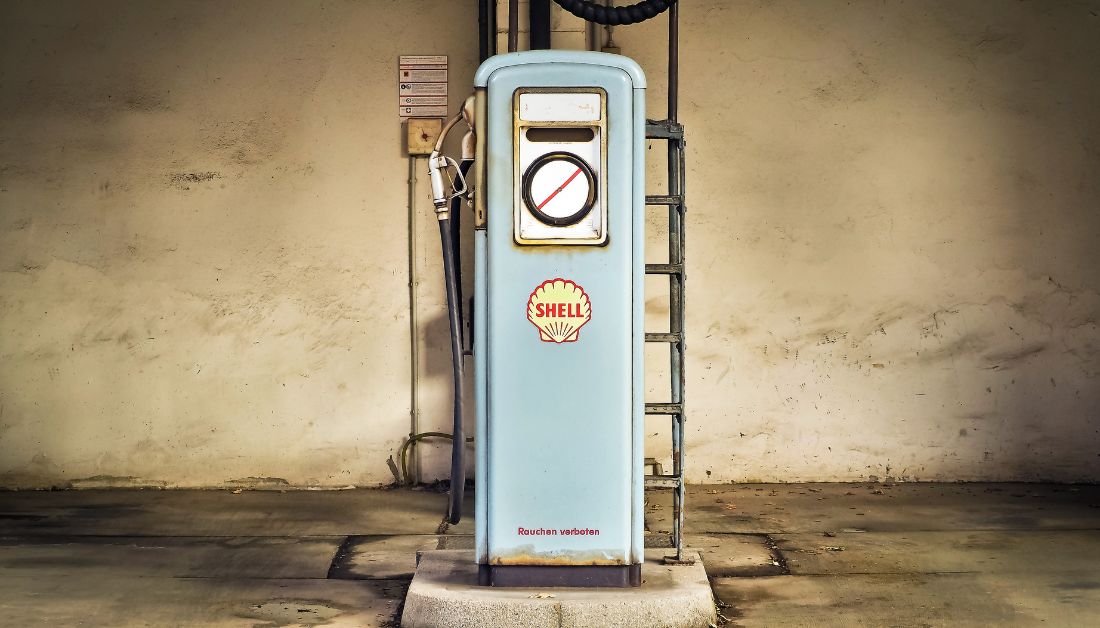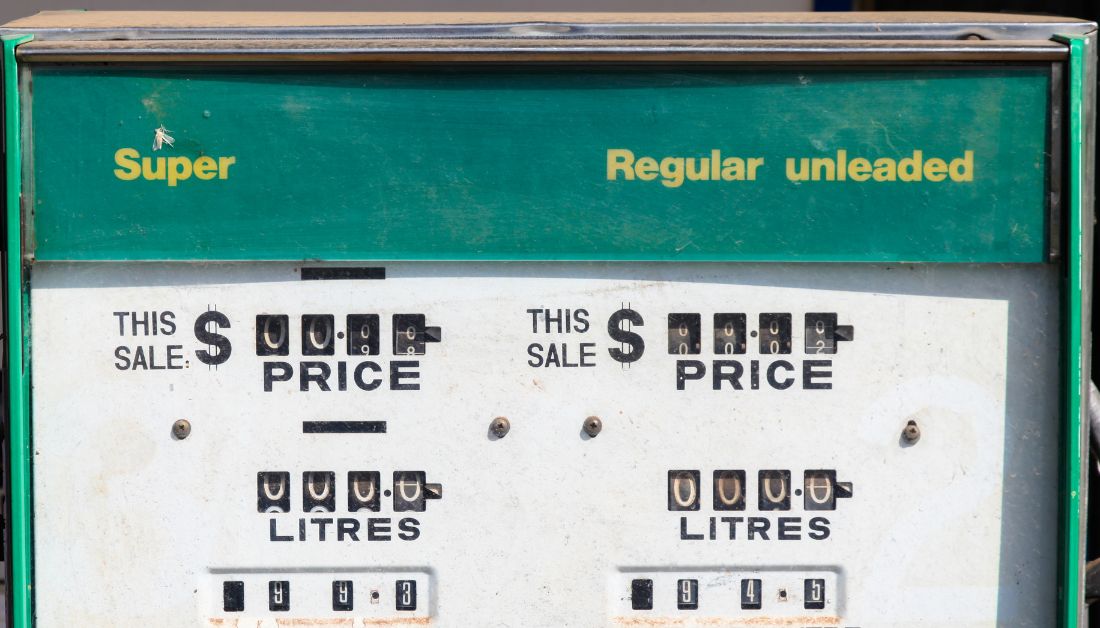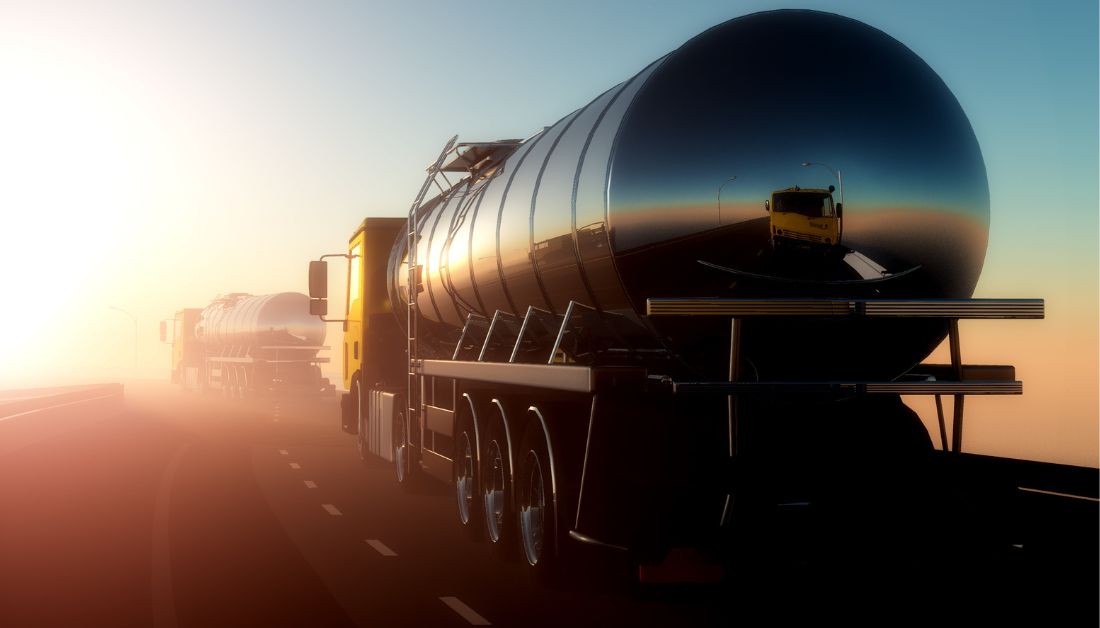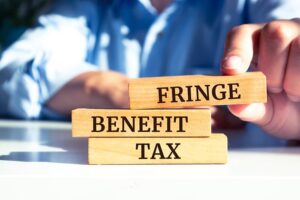The purpose of this guide is to help you understand how the fuel tax credit system works and how you can claim them. It is meant to help businesses and individuals understand their obligations and opportunities related to fuel taxes credit and make informed decisions about their fuel usage and expenses.
Fuel tax in Australia is often a complex and ever-changing environment, with many different rules and regulations that businesses and individuals need to be aware of.
Save money with ATO fuel tax credits
The fuel tax credit system is a government program that allows eligible businesses and individuals to claim credits for the fuel tax they pay. This can include fuel used in heavy vehicles for business purposes on public roads, and for certain other activities such as machinery, equipment, off-road activities, heating, and lighting.
The credits can be used to offset the cost of fuel tax and can ultimately save businesses and individuals a significant amount of money. If you’re running a business that uses a lot of fuel, like logistics and trucking, this is one area of your finances that you should be on top of because it can have a major impact on your bottom line.

Fuel tax credit eligibility
To be eligible for a fuel tax credit, businesses and individuals must meet certain criteria set out by the ATO. This includes the obvious like having an Australian Business Number (ABN) and being registered for fuel tax credits with the ATO but also the not so obvious like the type of fuel used in the business activity (petrol, diesel and other fuels), the type of vehicle the fuel was used in (a gross vehicle mass greater than 4.5 tonnes) and overall, the relevant business activity. In addition, businesses and individuals must also be able to provide certain types of documentation, such as receipts and invoices, to prove that they have paid fuel tax.
One important thing to note is that fuel tax credits are not the same as fuel rebates, which are separate government programs that can provide financial assistance to certain groups, such as farmers and non-profit organizations.
To claim fuel tax credits, businesses and individuals will need to complete an additional field on their business activity statements and submit them to the ATO. The process can be complex and time-consuming, so it is important to make sure you have all the necessary documentation and information before starting the process. Contact us if you need assistance.
Fuel excise tax vs customs duty
Fuel tax in Australia can be divided into two main categories: excise and customs duty. Fuel excise tax is applied to domestically produced fuel, while customs duty is a tax on imported fuel. Both excise and customs duty is calculated as a cents per litre (cpl) rate.
Fuel excise tax is applied to all types of fuel, including petrol, diesel, and alternative fuels such as ethanol and biodiesel. The excise rate is adjusted twice a year, in February and August, in line with the Consumer Price Index.
Customs duty is applied to all imported fuels, including petrol and diesel.
In addition to excise and customs duty, fuel is also subject to the Goods and Services Tax (GST). The GST is a 10% tax on the price of goods and services, and it is applied to the total cost of fuel, including the excise and customs duty.
Fuel tax in Australia is collected and administered by the ATO, they are responsible for setting the excise and customs duty rates, and for collecting and enforcing the payment of fuel tax.
Fuel tax is paid by fuel suppliers and importers, who are responsible for registering with the ATO and for paying the fuel tax on the fuel they supply or import. Fuel suppliers and importers are also responsible for passing on the fuel tax to their customers, through the price of fuel at the pump.


How much is petrol taxed in Australia?
The amount of tax on petrol in Australia varies depending on the state or territory in which you are located. The Federal Government levies a fuel excise per litre, which is included in the price at the pump.
In terms of GST (Goods and Services Tax), all fuel includes GST, which is currently 10% of the retail price.
Therefore, the total amount of tax on petrol in Australia is a combination of the Federal fuel excise and the GST. The overall percentage of tax on fuel can vary, but generally ranges from around 30-40% of the retail price.
It’s worth noting that fuel prices can also fluctuate due to a variety of factors such as international crude oil prices, currency exchange rates, and competition among fuel retailers.
What is the current fuel tax credit rate?
The fuel tax credit rate in Australia varies depending on the type of fuel and the specific use of the fuel. The rate is reviewed and may change periodically. This table from the ATO breaks it down:
For fuel acquired from 1 August 2023 to 4 February 2024
Eligible fuel type | Used in heavy vehicles for travelling on public roads | All other business uses (including to power auxiliary equipment of a heavy vehicle) |
Liquid fuels – for example, diesel or petrol Unit: cents per litre | 20.0 | 48.8 |
Blended fuels: B5, B20, E10 Unit: cents per litre | 20.0 | 48.8 |
Blended fuel: E85 Unit: cents per litre | 0 | 20.92 |
Liquefied petroleum gas (LPG) (duty paid) Unit: cents per litre | 0 | 15.9 |
Liquefied natural gas (LNG) or compressed natural gas (CNG) (duty paid) Unit: cents per kilogram | 0 | 33.4 |
B100 Unit: cents per litre | 0 | 13.0 |
For fuel acquired from 29 September 2022 to 31 January 2023
Eligible fuel type | Used in heavy vehicles for travelling on public roads | All other business uses (including to power auxiliary equipment of a heavy vehicle) |
Liquid fuels – for example, diesel or petrol Unit: cents per litre | 18.8 | 46.0 |
Blended fuels: B5, B20, E10 Unit: cents per litre | 18.8 | 46.0 |
Blended fuel: E85 Unit: cents per litre | 0 | 19.735 |
Liquefied petroleum gas (LPG) (duty paid) Unit: cents per litre | 0 | 15.0 |
Liquefied natural gas (LNG) or compressed natural gas (CNG) (duty paid) Unit: cents per kilogram | 0 | 31.5 |
B100 Unit: cents per litre | 0 | 10.7 |
Fuel tax credit calculator
To calculate your fuel tax credit you multiply the litres of eligible fuel that was acquired and used in the course of business by the fuel tax credit rate for your category of vehicle at the time or purchasing the fuel.
For example, if your business buys 1,000 litres of eligible fuel and the applicable fuel tax credit rate is 20.5 cpl then you will be able to claim $205 in fuel tax credit. You can claim this credit on your business activity statement (BAS) but note that you must have accurate records to show the purchase of the fuel and the use.
You can find a fuel tax credit calculator on the ATO website as well as up to date fuel tax credit rates.
Claiming fuel tax – get it right
In conclusion, fuel tax in Australia is a complex and ever-changing topic, with different types of fuel tax, different rates, and different responsibilities for payment. It’s important for fuel suppliers, importers and consumers to stay informed about the current fuel tax rates, and to understand how to calculate fuel tax as well as their responsibilities for paying and collecting it.
It’s best to consult with a professional to ensure you complete the necessary documentation and keep all the required proof. That way you can ensure that you meet the requirements of the ATO and remain compliant with the latest legislation.
If you’re not claiming fuel tax credits accurately or have never claimed fuel tax credits in the past when you were eligible, you could be missing out on significant savings in your business!
The team creditte chartered accountants & advisors is well versed at calculating and claiming fuel tax. We work with a large number of clients in the trucking industry and can help you claim this important deduction. Take a look at our services or book a call with us for more information.





